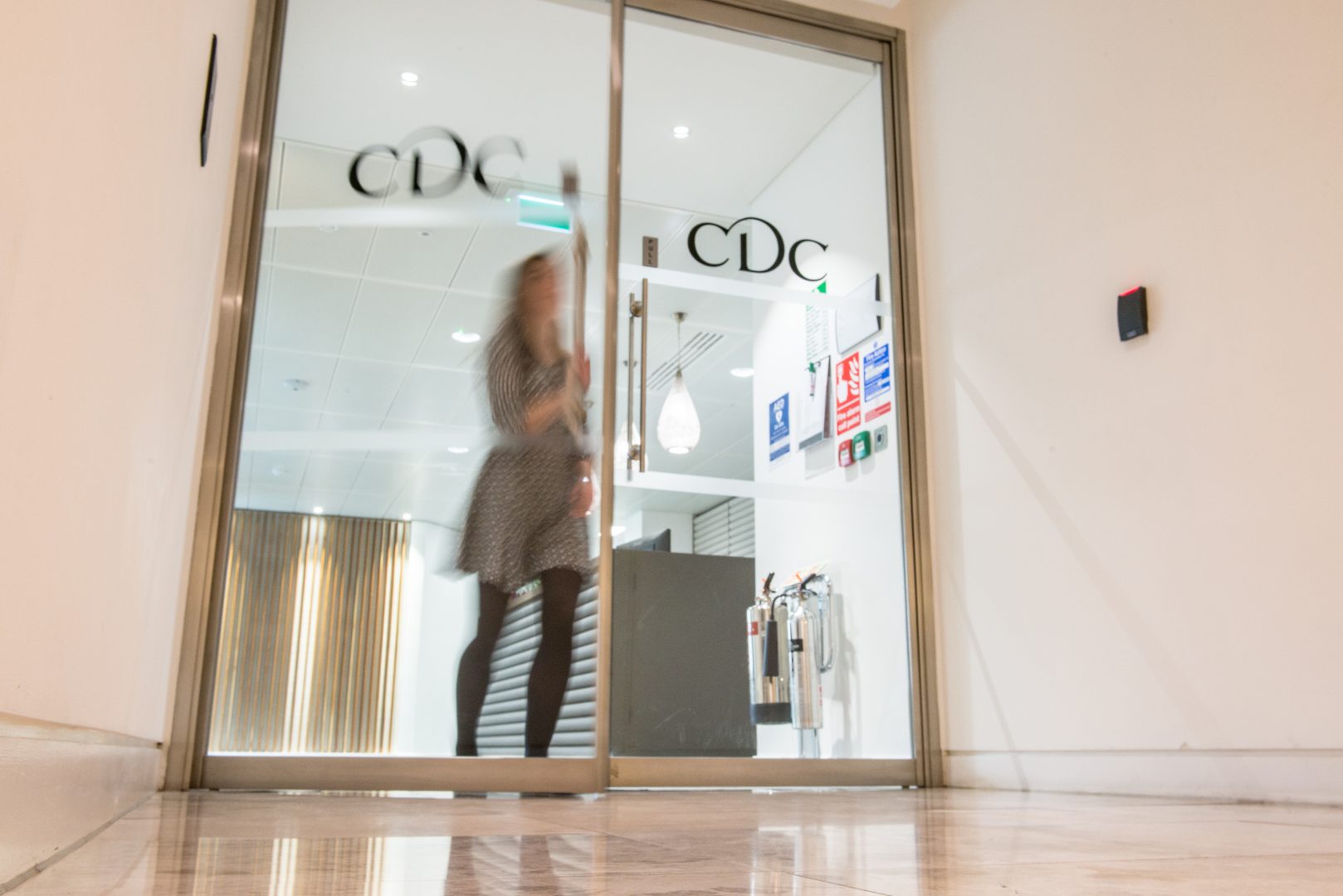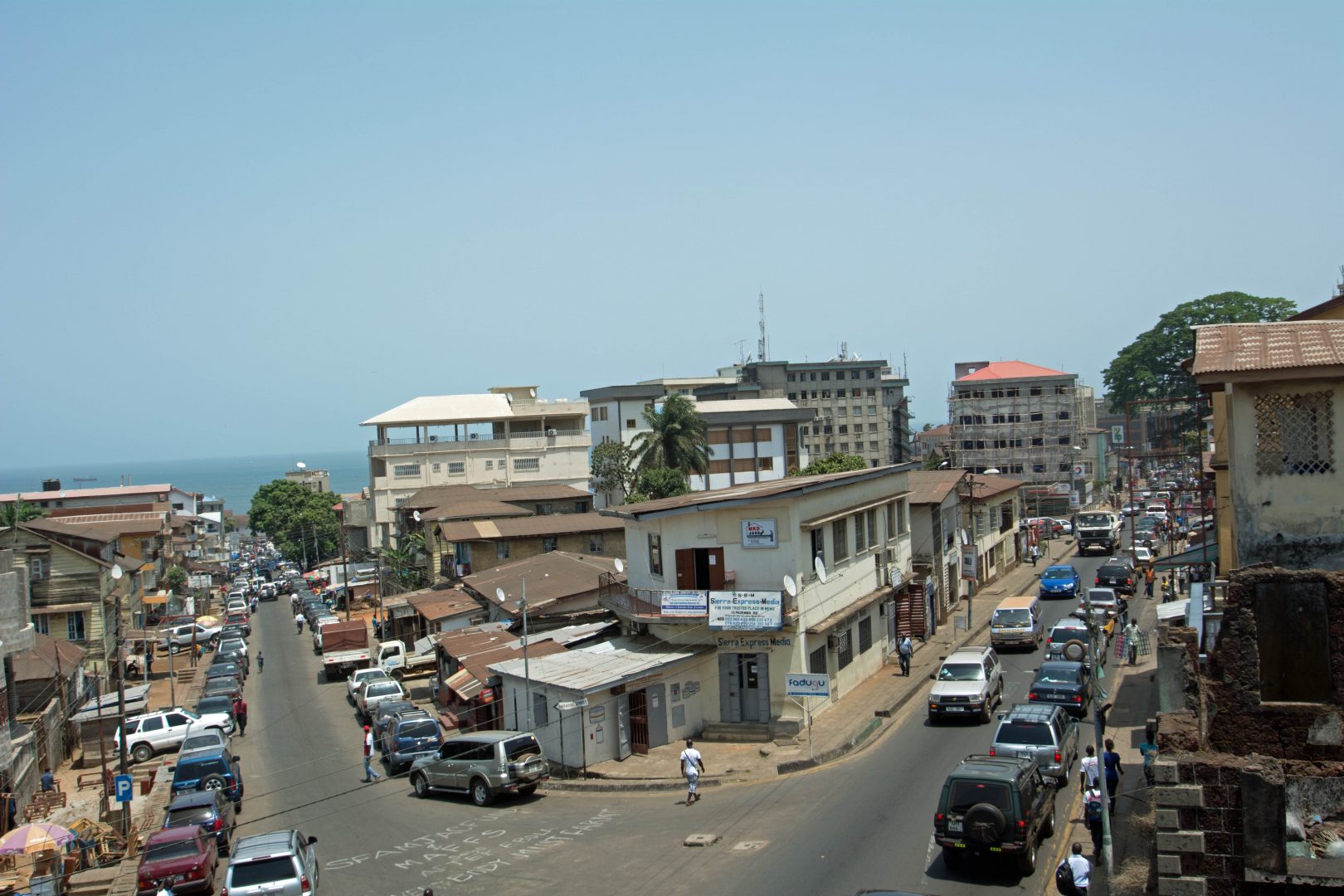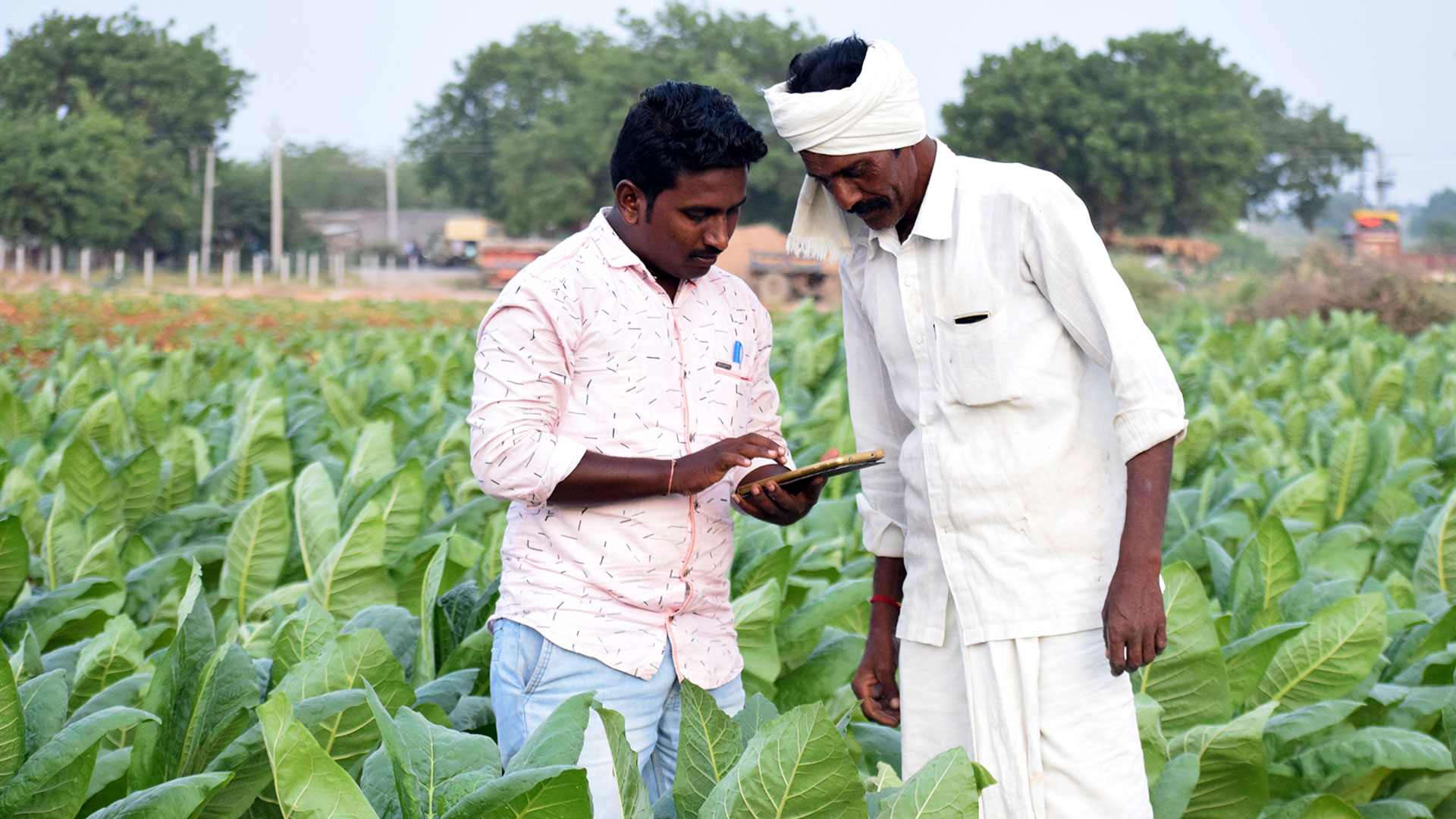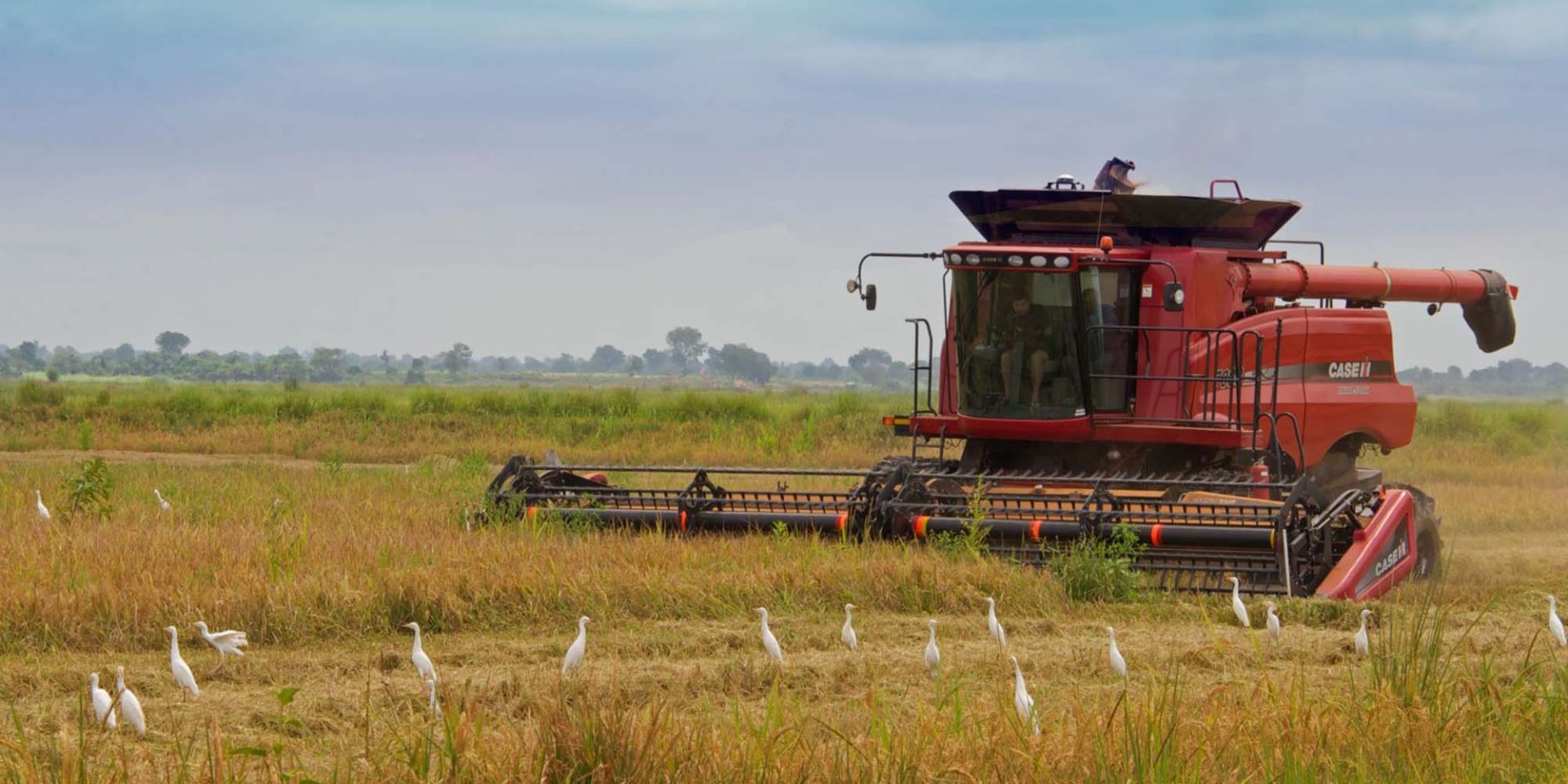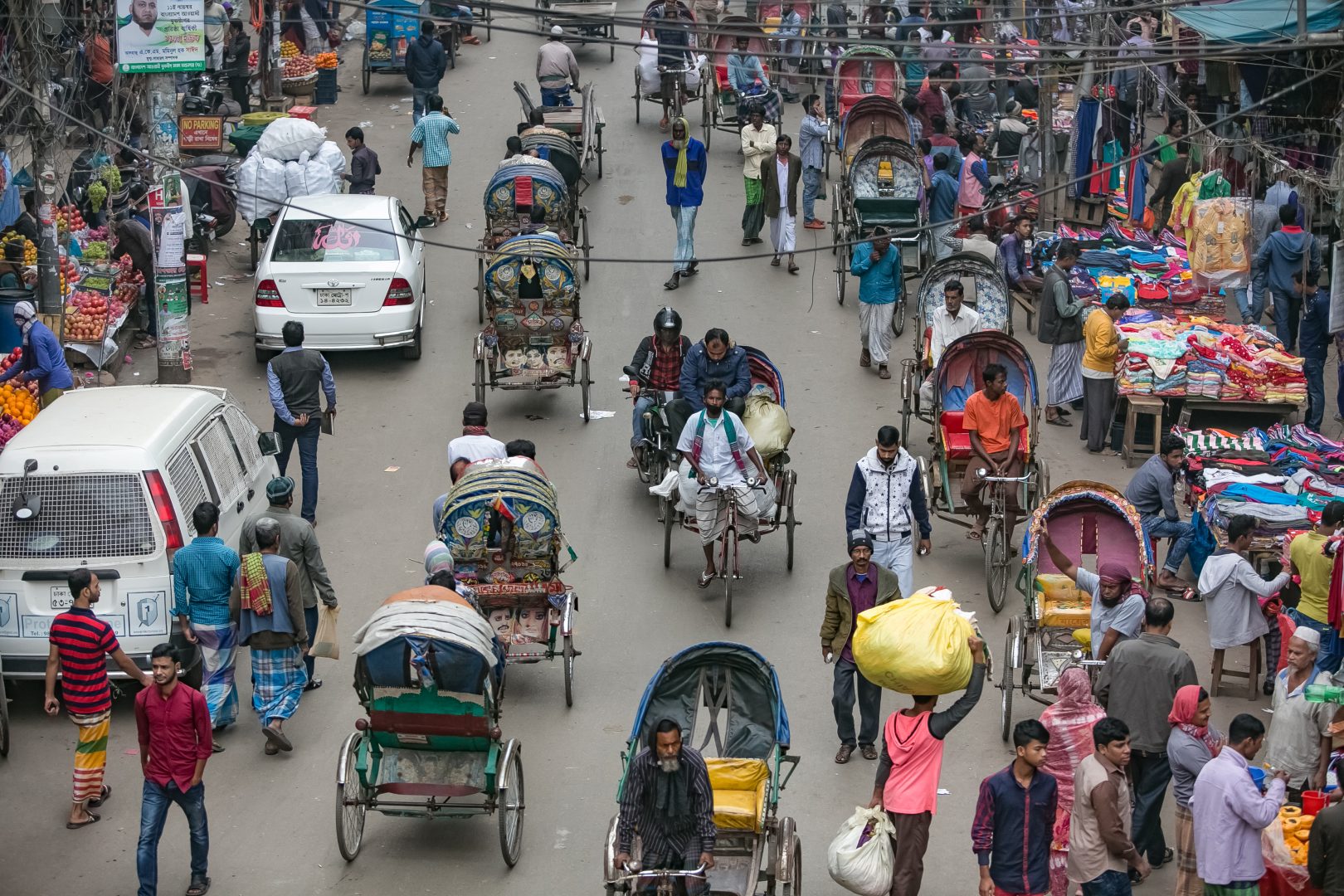Today the Independent Commission for Aid Impact (ICAI) published a review on CDC’s work in fragile and conflict affected states. We will be responding to the review in full in the coming weeks.
As a learning organisation, we welcome the review which, like the National Audit Office (NAO) report that came before it, focuses primarily on our activities between 2012-16. It echoes many of the same recommendations made by the NAO. Our latest strategy, published in 2017, responds to many of those recommendations. Achieving development impact drives everything we do and we’re confident that the steps we’ve been taking over the last 18 months are addressing many of the points in ICAI’s report.
Transforming CDC to deliver more impactful investment
Over the last few years we have been executing a long-term transformation of CDC to enable us to play a larger role in achieving the UN Global Goals. Between 2012-16, CDC met in full all the objectives set by our shareholder, the Department for International Development. We’ve built a team from 47 in 2012 to 347 today. And we’ve increased our investment levels from c. US$300 million a year in 2012 to over US$1.4 billion a year in 2018. Lots of progress has been made, but there’s more to be done.
Last year, companies backed by CDC supported three quarters of a million direct jobs; paid US$3.5bn in taxes to their local governments and provided vital financial services to 47 million people in poor countries.
CDC invests in countries at different stages of development, including fragile and conflict affected states, to help them to leave aid-dependency behind. Transforming CDC has meant we’ve been able to make many more high-impact investments. These include Virunga Power, a hydro-electric company in a part of the DRC that is still affected by conflict – the company provides clean electricity and jobs to communities living in and around Virunga National Park, including former child-soldiers, and in NMB Bank in Nepal, one of the poorest countries in the world, with our investment helping to increase lending to key parts of the Nepalese economy.
Our focus on supporting the poorest states has seen CDC commit, in the last five years, US$1.4 billion in 54 investments in DFID’s fragile and conflicted affected states (out of a total of 191 CDC investments worth $6.2 billion during the same period). One of those fragile states, Sierra Leone, saw CDC commit US$113 million in investment, equivalent to 6.4% of the country’s US$1.75 billion foreign direct investment in the last 5 years.
We’ve also increased the size of our impact and responsible investments teams from six people in 2012 to 39 today. Our experts are helping us better understand and maximise our impact. We now embed impact professionals with our investment teams – the first DFI to do so – and have scaled up our evaluation and learning programme. We are also the only DFI to have appointed a Chief Impact Officer.
ICAI’s review recognises that CDC is leading the way amongst our counterparts in Europe in getting investment in to the world’s fragile and conflict affected countries (ICAI Review 4.73) And we’ll now be carefully assessing the review for fresh ideas that might help us improve further.

